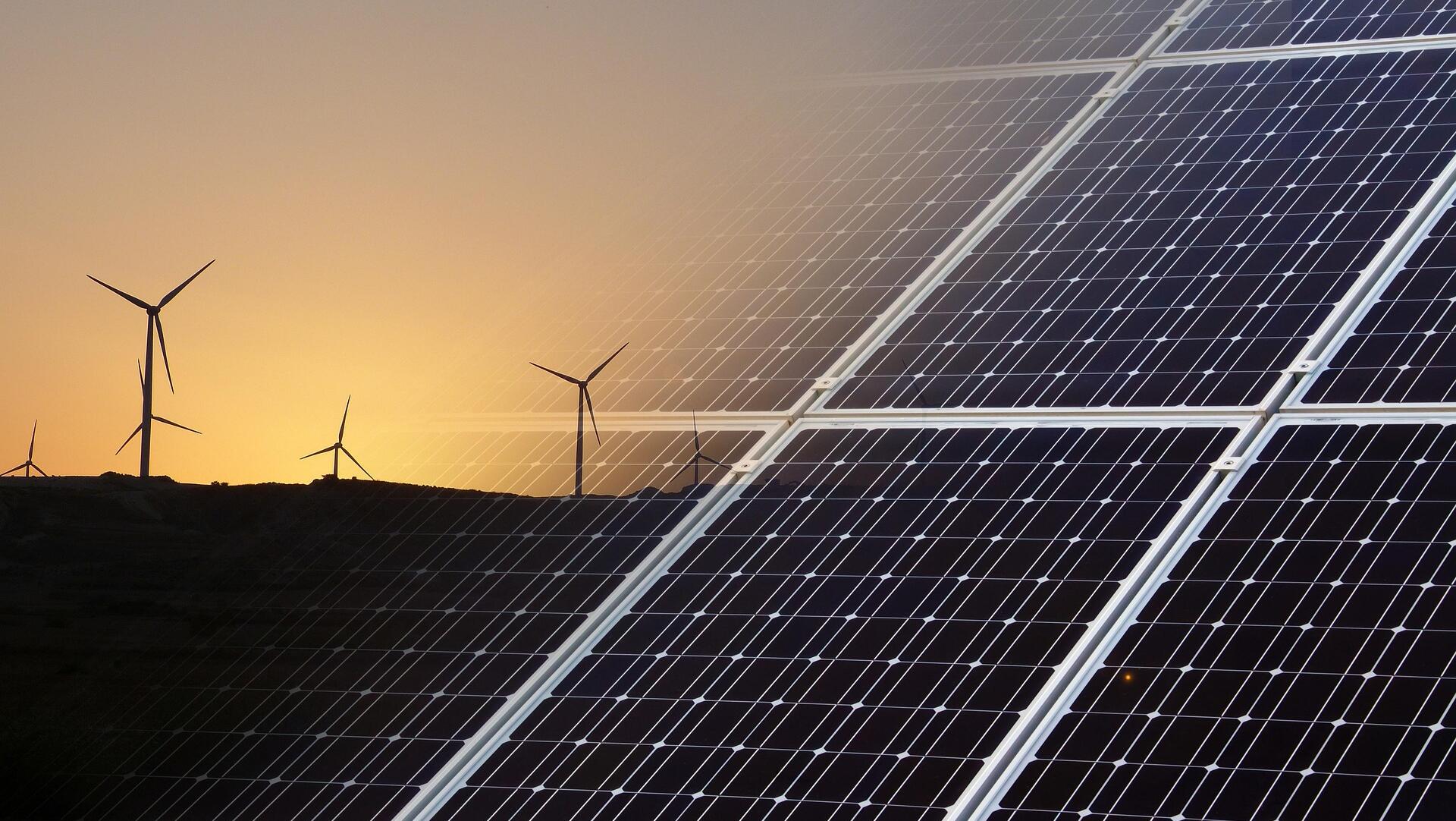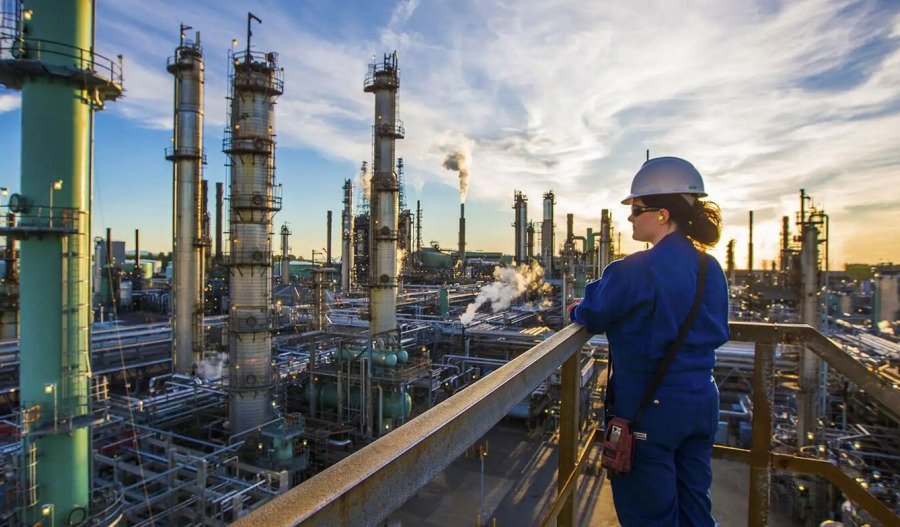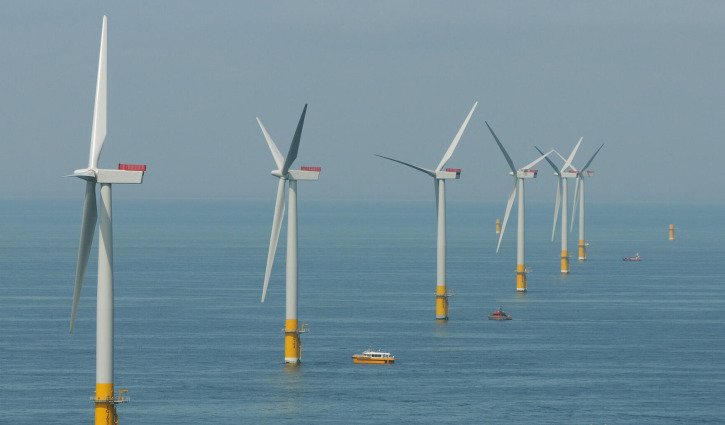In a landmark speech at United Nations Headquarters in New York, Secretary-General António Guterres declared the fossil fuel era “flailing and failing,” urging world leaders to embrace what he called an “unstoppable” clean energy revolution.
The address, delivered on 22 July, marked a pivotal moment in global climate diplomacy ahead of the COP30 summit in Brazil this November.
Guterres cited dramatic cost declines in solar and wind energy, now 41% and 53% cheaper respectively than fossil fuel alternatives, according to the International Renewable Energy Agency (IRENA).
In 2024, renewables accounted for 92.5% of all new electricity capacity added globally, with every continent installing more clean power than fossil fuels.
“There are no price spikes for sunlight. No embargoes on wind,” Guterres said, referencing energyy price shocks triggered by Russia’s Ukraine invasion.. He warned that fossil fuel dependence exposes economies to geopolitical turmoil and undermines energy sovereignty.
The Secretary-General has also condemned continued fossil fuel subsidies, which outpace those for renewables by a ratio of 9 to 1. In 2023, fossil fuel subsidies reached $620 billion globally, compared to just $70 billion for clean energy.
“Countries that cling to fossil fuels are not protecting their economies — they are sabotaging them,” he said, citing stranded assets and lost competitiveness.
Guterres called on G20 nations — responsible for 80% of global emissions — to submit revised climate plans aligned with the 1.5°C Paris Agreement target. He urged leaders to present these plans at a high-level UN event in September, ahead of COP30.
To accelerate the transition, he outlined six “opportunity areas”: ambitious national climate plans, modernised grids and storage, sustainable energy demand, a just transition for workers, trade reform to diversify clean-tech supply chains, and increased financing for emerging markets.
Last year, global investment in clean energy hit $2 trillion — $800 billion more than fossil fuels and nearly 70% higher than a decade ago. Guterres says this surge signals that the world has “passed the point of no return” and must now ensure the transition is fast, fair, and inclusive.
The clean energy pivot is reshaping the investment landscape for high-net-worth individuals and luxury asset managers.
As renewables become the dominant force in energy markets, traditional fossil fuel holdings risk devaluation and regulatory headwinds.
Meanwhile, green infrastructure, sustainable tech, and ESG-aligned portfolios are emerging as premium growth sectors. For luxury investors, the shift offers both a hedge against volatility and a chance to align wealth with climate resilience and long-term value creation.



